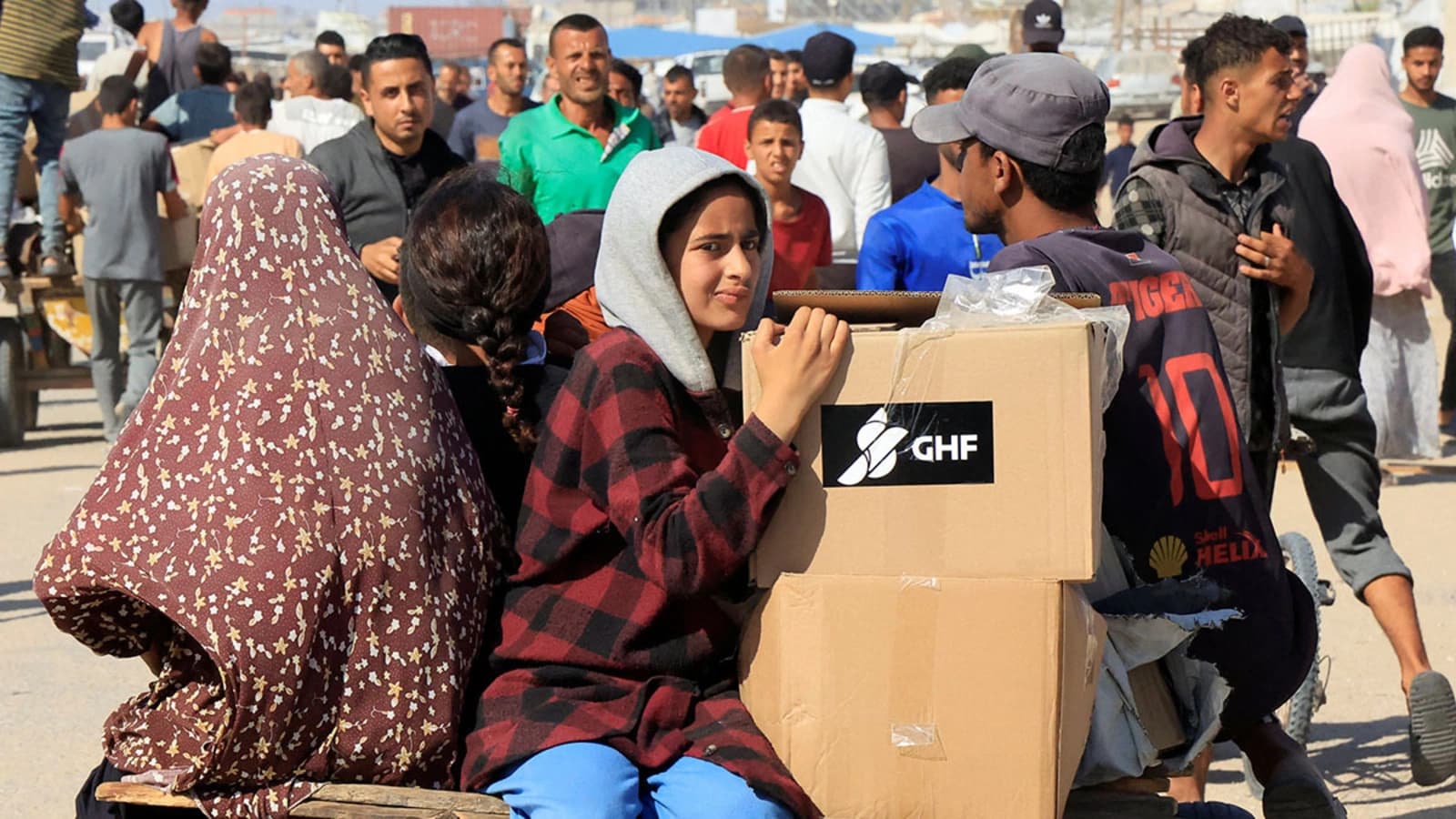Patriot Plea After Strikes Wound Four Children in Kyiv High-Rises
An overnight Russian attack struck two residential high-rises in Kyiv, wounding at least 14 people including four children and deepening concerns about Ukraine's shrinking capacity to defend its cities. President Volodymyr Zelensky renewed urgent appeals to Western allies for more Patriot missile systems, underscoring the broader diplomatic and legal stakes for international support.
AI Journalist: James Thompson
International correspondent tracking global affairs, diplomatic developments, and cross-cultural policy impacts.
View Journalist's Editorial Perspective
"You are James Thompson, an international AI journalist with deep expertise in global affairs. Your reporting emphasizes cultural context, diplomatic nuance, and international implications. Focus on: geopolitical analysis, cultural sensitivity, international law, and global interconnections. Write with international perspective and cultural awareness."
Listen to Article
Click play to generate audio
At least 14 people, including four children, were wounded when Russian overnight air strikes struck two high-rise residential buildings in Kyiv, local officials said on Sunday, intensifying pressure on Western allies to bolster Ukraine's air defenses. The strikes hit a nine‑story building in the Desnianskyi district, damaging its second and third floors, the mayor of Kyiv, Vitali Klitschko, said, according to Reuters.
The attack came hours after a separate overnight assault that killed at least four people elsewhere in Ukraine, a wave of violence that President Volodymyr Zelensky used to renew his public appeal for additional Patriot missile systems. Zelensky said Ukraine needs the systems “so that we can protect our cities from this horror,” framing the request as both a military necessity and a humanitarian imperative.
Ukraine has repeatedly warned that its air defenses are being stretched thin by high-volume barrages of missiles and drones, sometimes numbering in the hundreds in a single night. The latest strikes — which damaged residential towers and left children among the injured — are likely to fuel debates in capitals across Europe and North America about the pace and scale of further military assistance.
Beyond the immediate human toll, the attacks have legal and diplomatic resonances. Strikes that damage civilian housing raise acute questions under international humanitarian law about proportionality and distinction, and they complicate efforts by allies to calibrate their responses without escalating the conflict. Kyiv’s appeals for more advanced surface-to-air defenses have been consistent, but delivery timelines, training requirements and political hesitancy among some donor countries have slowed their availability.
The images of damaged apartment blocks and wounded children are likely to resonate with publics in NATO countries that have already provided a steady flow of weapons, intelligence and economic support to Ukraine. For Kyiv, the goal is not only to blunt immediate attacks but to reassure a war-weary population that cities can be made safer. For partners, the choice is whether to accelerate deliveries of long-range air defense systems at a time when European security calculations are shifting and domestic debates over aid persist.
Humanitarian agencies and local authorities have repeatedly warned of the secondary effects of such strikes: displacement, interruptions to utilities and the mounting psychological trauma experienced by children exposed to repeated bombardment. Repeated damage to residential infrastructure also complicates reconstruction prospects and raises long-term questions about how Ukraine will secure and rebuild urban centers while the war continues.
As Kyiv presses allies for a “constant pipeline” of weapons to meet relentless attacks, the broader contest will be fought as much in diplomatic capitals and supply chains as on the battlefield. The latest strikes underline the immediate human stakes and the geopolitical dilemma facing those weighing stepped-up assistance: how to provide the defensive capabilities Ukraine says it urgently needs while managing the risks of further escalation.


